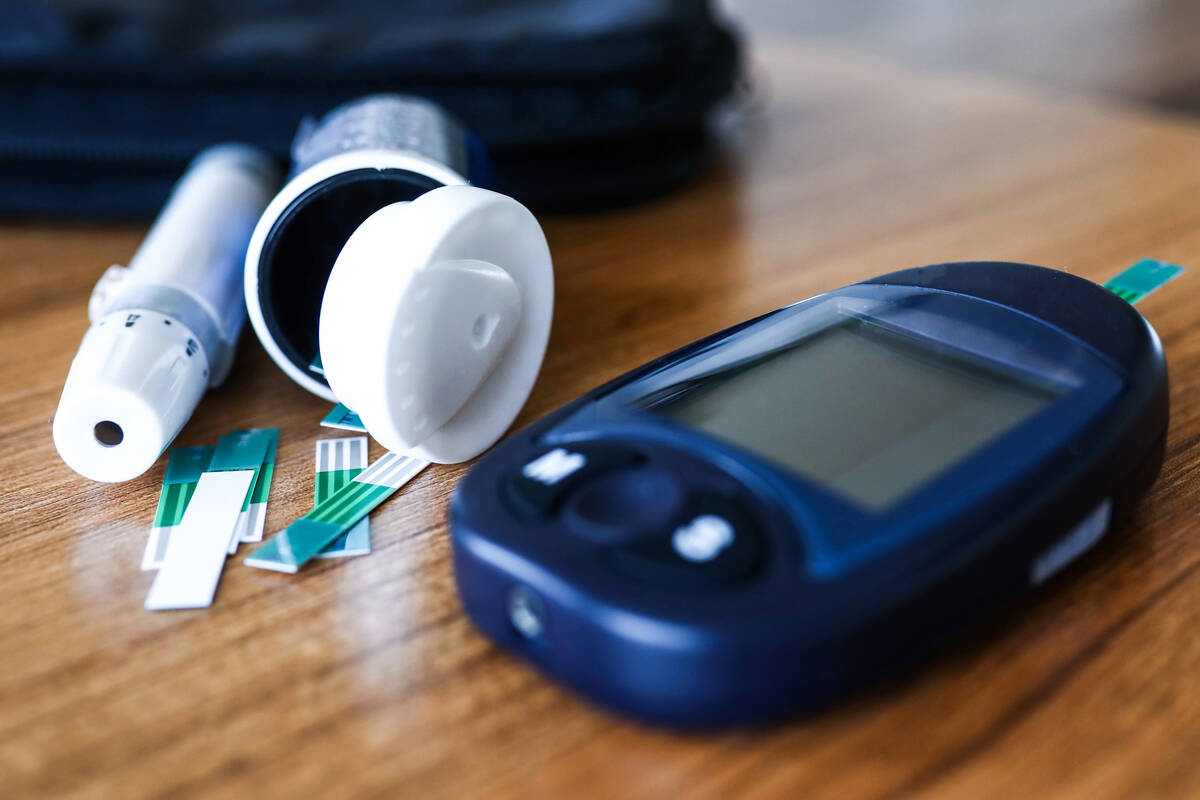Does Medicare pay for diabetic supplies and equipment?
Dear Toni: I order my diabetic supplies from a mail-order program through my employer benefits. Recently, I have been laid off and had to enroll in Medicare.
I received a letter stating my supplier will no longer be covered by Medicare because it is not a “competitive bidding” supplier. Does this mean that if I continue with my current supplier, Medicare will stop paying for my diabetic supplies? — Silvia, Memphis, Tenn.
Dear Silvia: Yes, Medicare will stop paying if you do not use a Medicare-approved provider.
Durable medical equipment (DME) is medically necessary equipment — such as wheelchairs, walkers, oxygen, hospital beds, CPAP machines and supplies, at-home wound equipment or other devices — that has been ordered by a Medicare-approved doctor or other health care provider for use at home. In 2013, Medicare made new rules regarding DME, including diabetic supplies such as test strips, monitors and lancets. And this change in rules has confused many Americans.
If Medicare is your primary insurance, you use only original Medicare Parts A and B with a Medicare supplement (Medicare Advantage Part C plans have different rules) and you order your supplies from a local or mail-order medical supplier, you must use suppliers who have been awarded a contract under the competitive bidding rule or you will have to pay 100 percent out of pocket.
Medicare has a listing of approved local or mail order medical suppliers at medicare.gov.
If you are happy with your current diabetic monitor, test strips and lancets, you will want to use a competitive bidding supplier that stocks your preferred testing items. You will need to provide your new supplier with a new prescription from your doctor for your medical or diabetic supplies or have your current prescription transferred to the Medicare-accepted supplier.
You need a new prescription from your doctor for your lancets and test strips every 12 months. This is important because if you do not receive a new prescription, you will pay 100 percent out of pocket.
You should also make sure that the pharmacy or medical supplier accepts assignment for Medicare-covered supplies. Assignment is an agreement between you, Medicare and doctors or providers. If the pharmacy or supplier accepts assignment, Medicare will pay the pharmacy or supplier directly. You pay only your coinsurance amount when you get your supply from a pharmacy or supplier for assigned claims.
Always ask your local or mail order medical supplier:
■ Is your company a Medicare-approved diabetic or DME provider?
■ Does your company accept Medicare assignment?
Original Medicare Part B will provide the medical or diabetic supplies, and you must pay the 20 percent copay, or your Medicare supplement can pick up the 20 percent if you have one. Talk with your pharmacy or provider if you have questions.
Toni King is an author and columnist on Medicare and health insurance issues. If you have a Medicare question, email info@tonisays.com or call 832-519-8664.


















